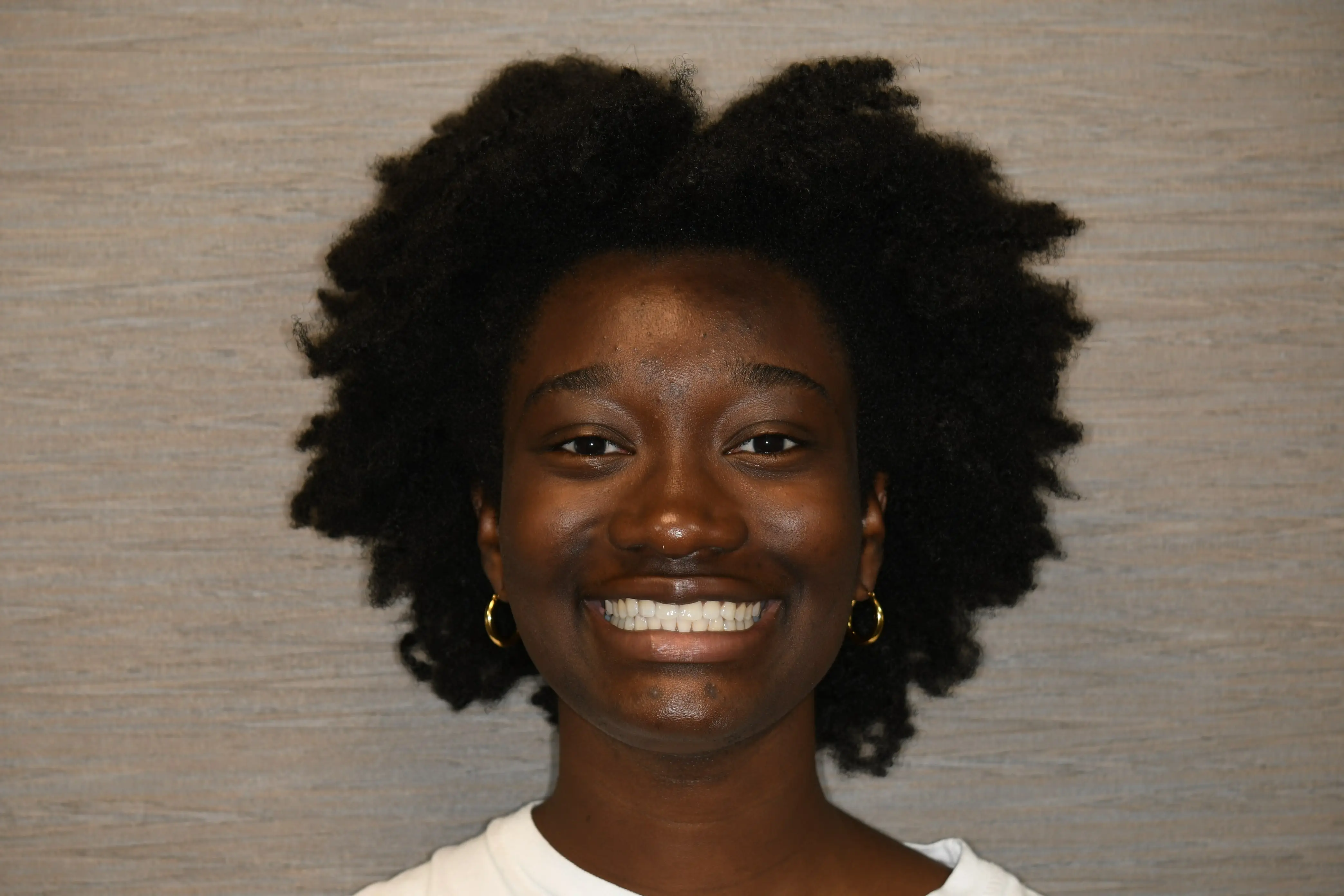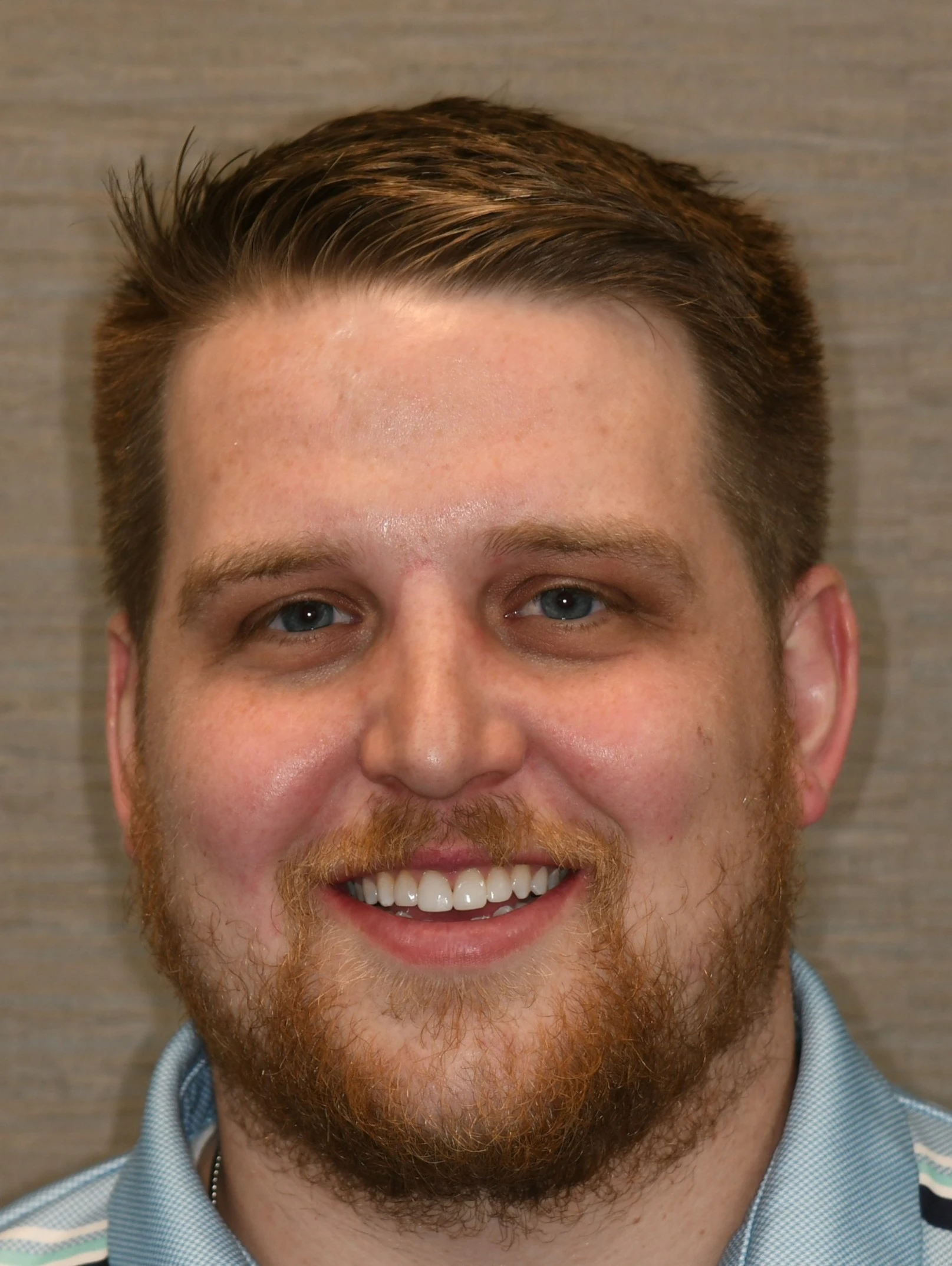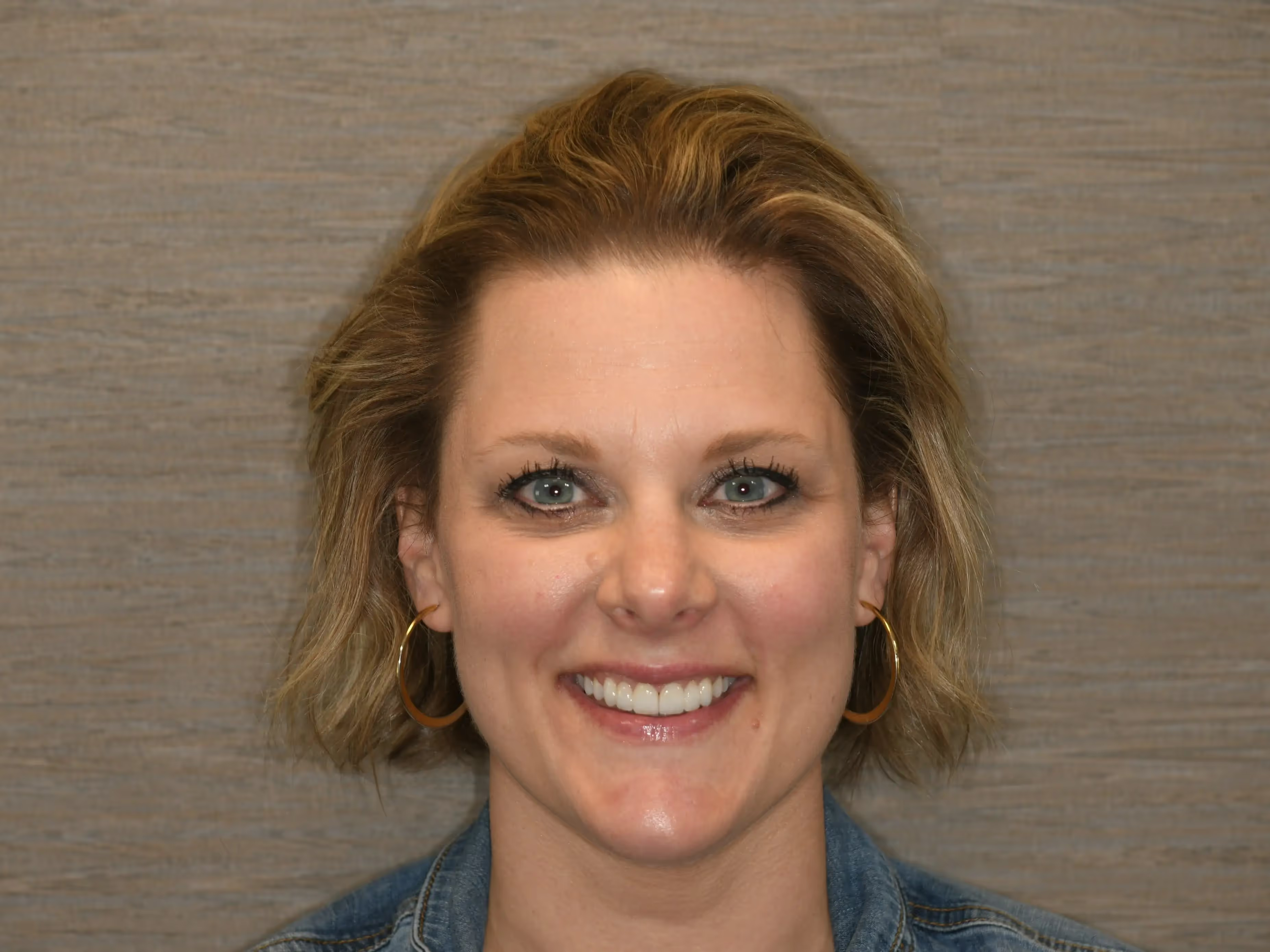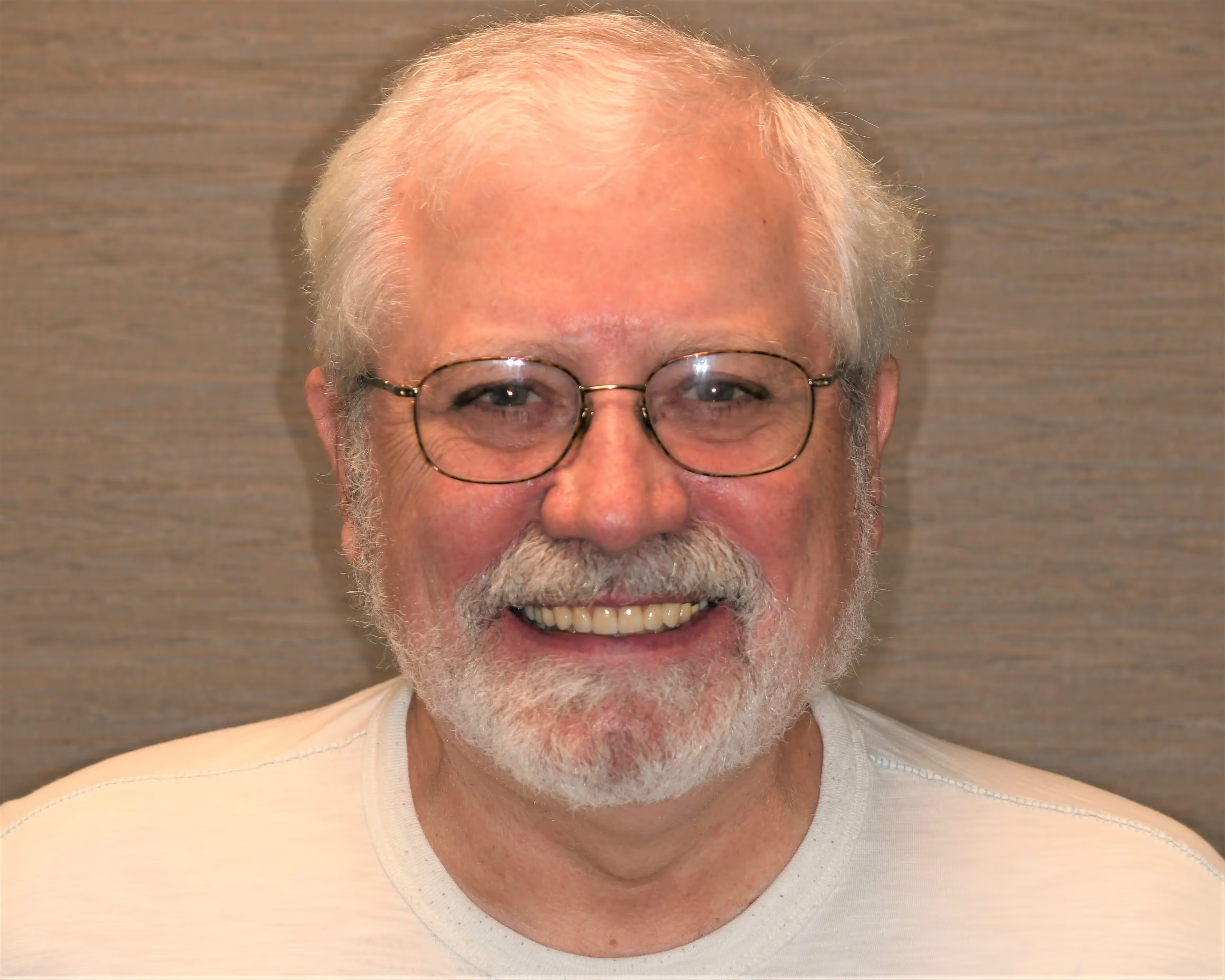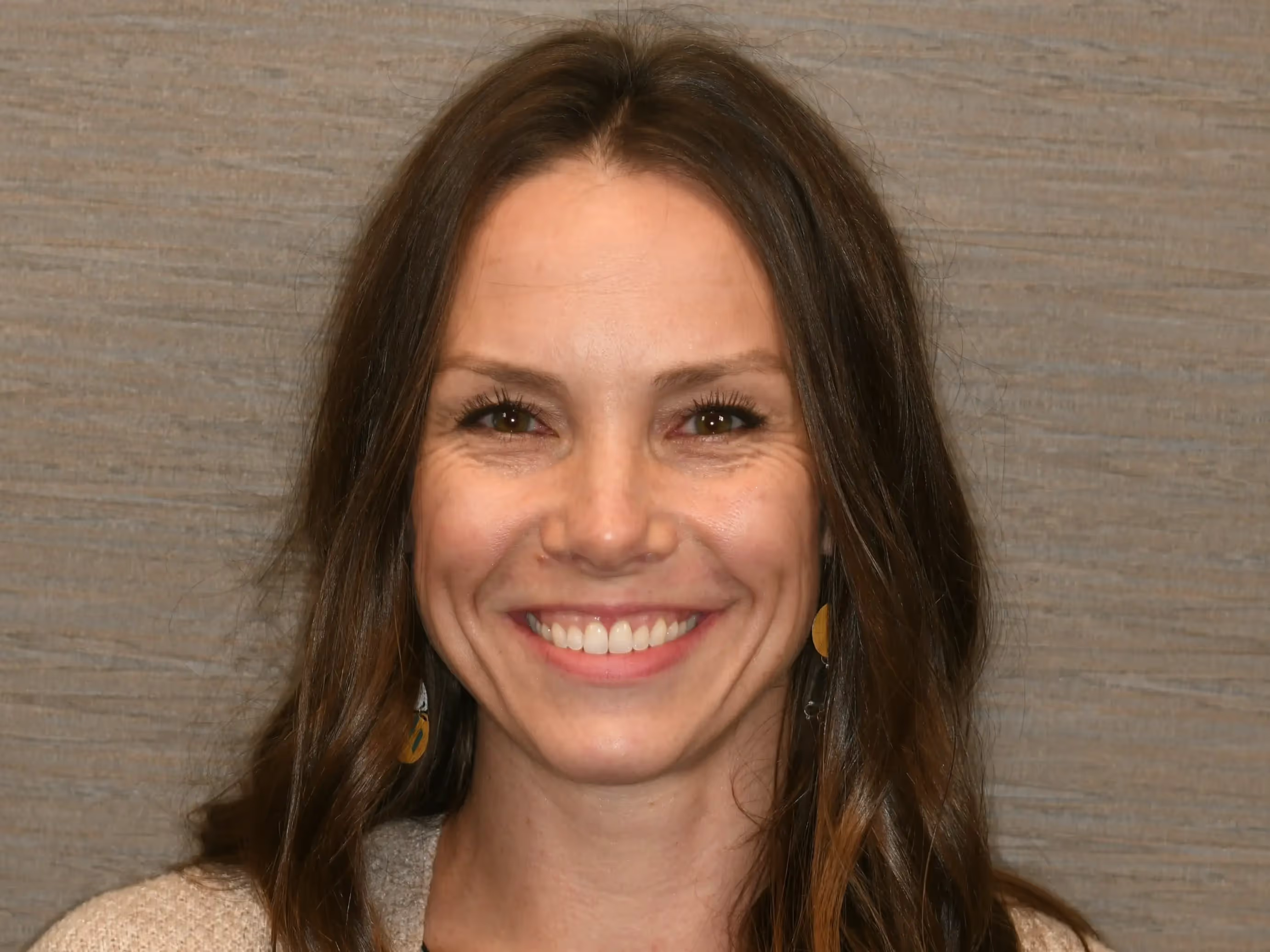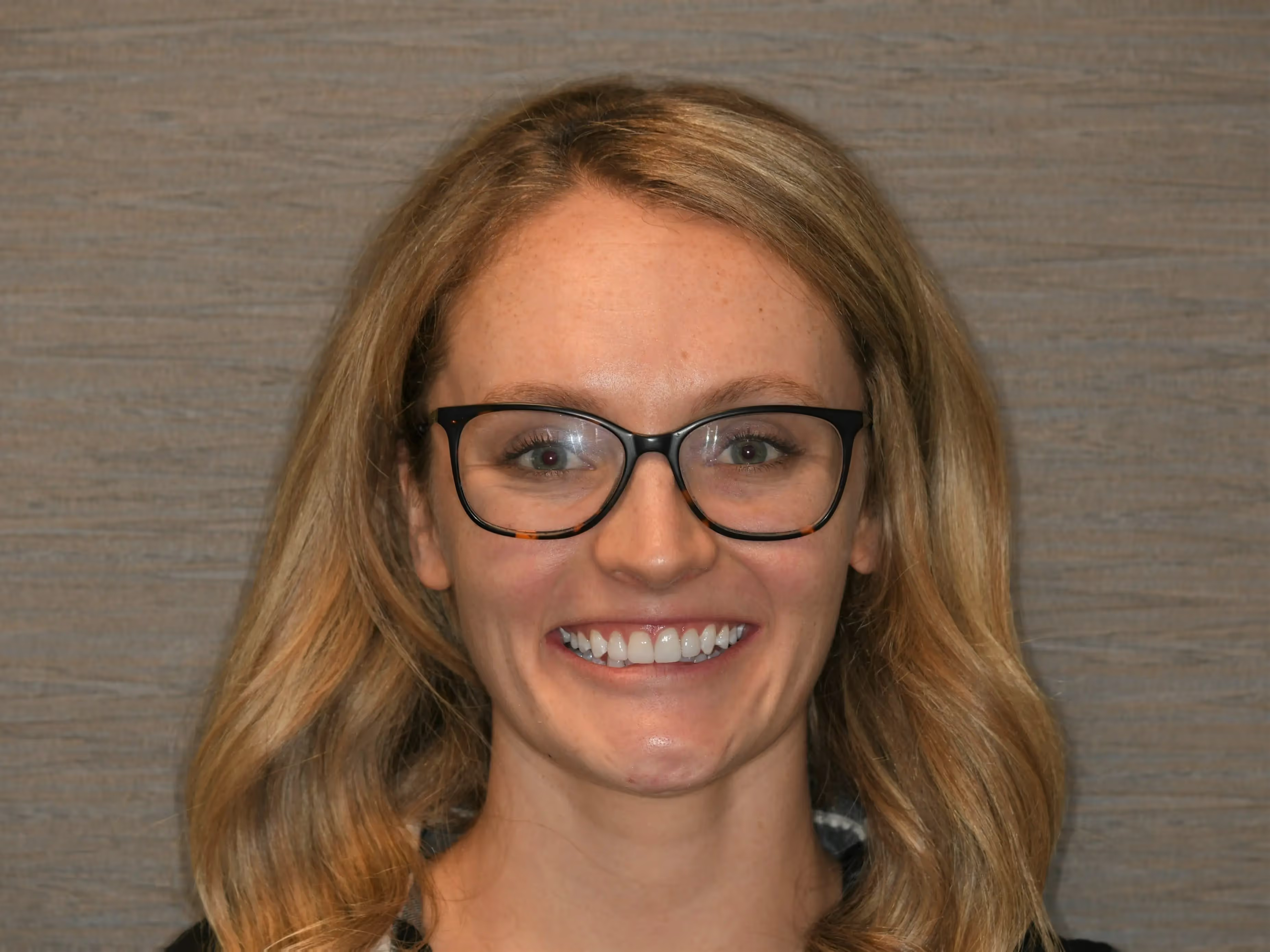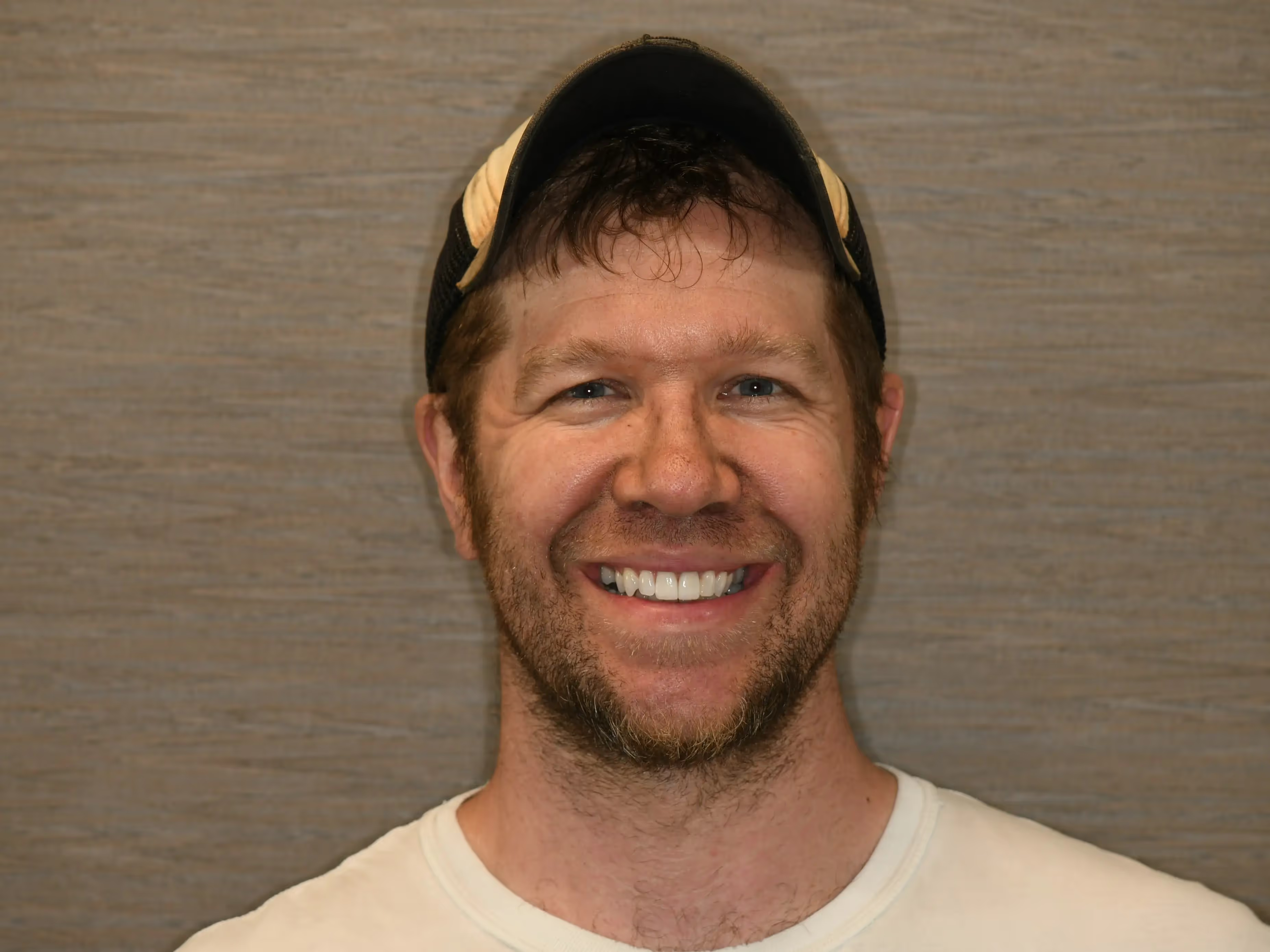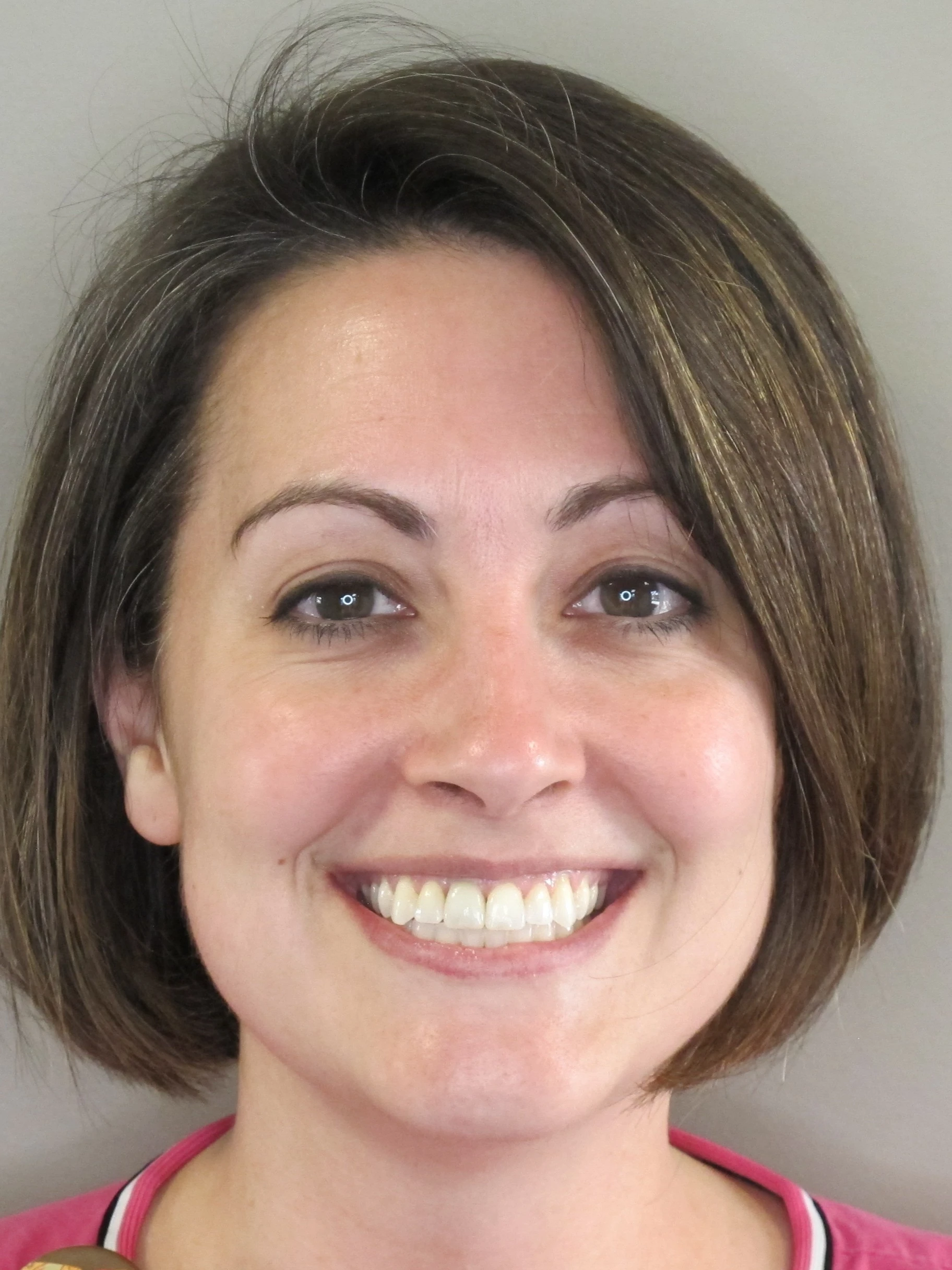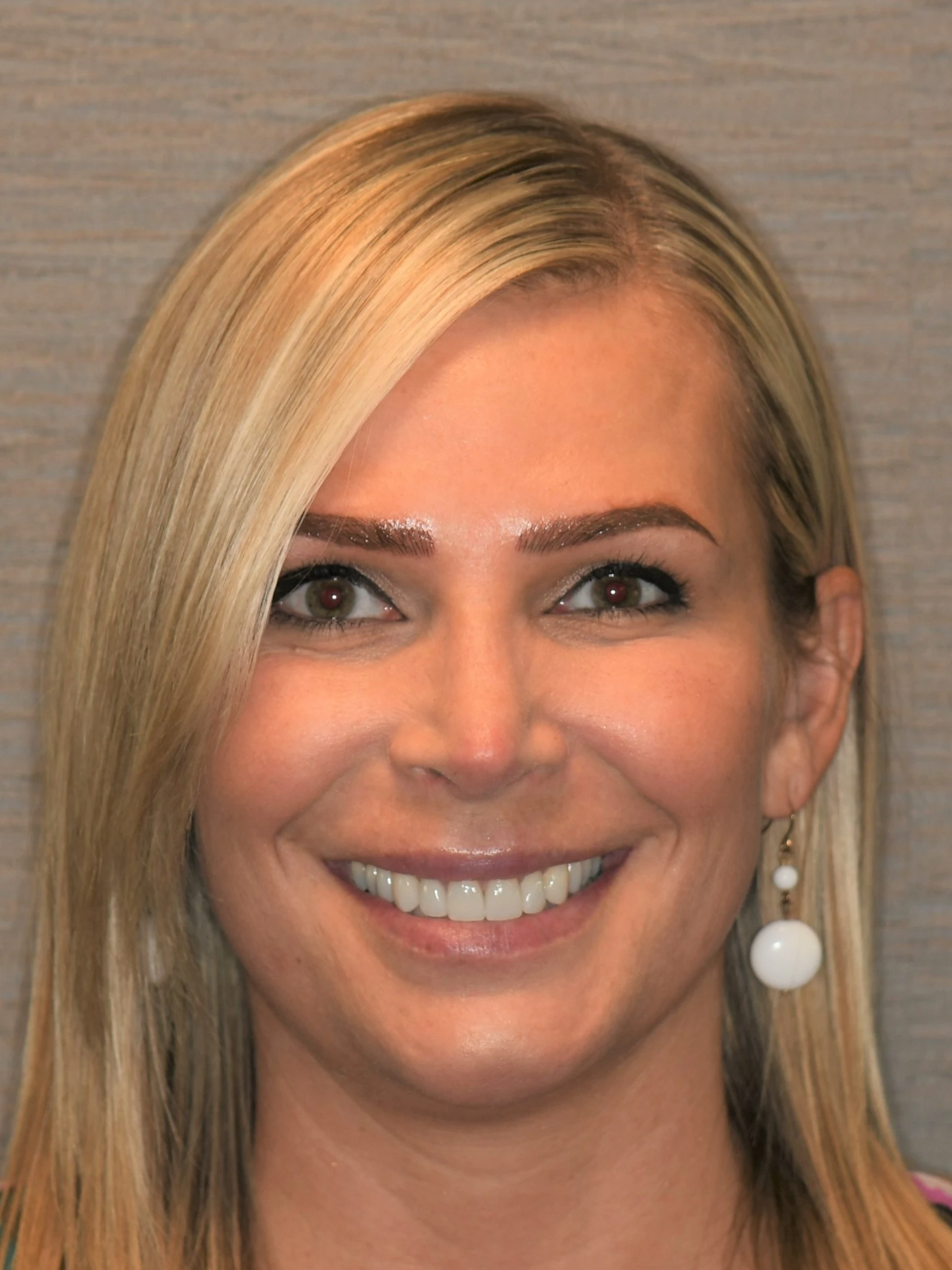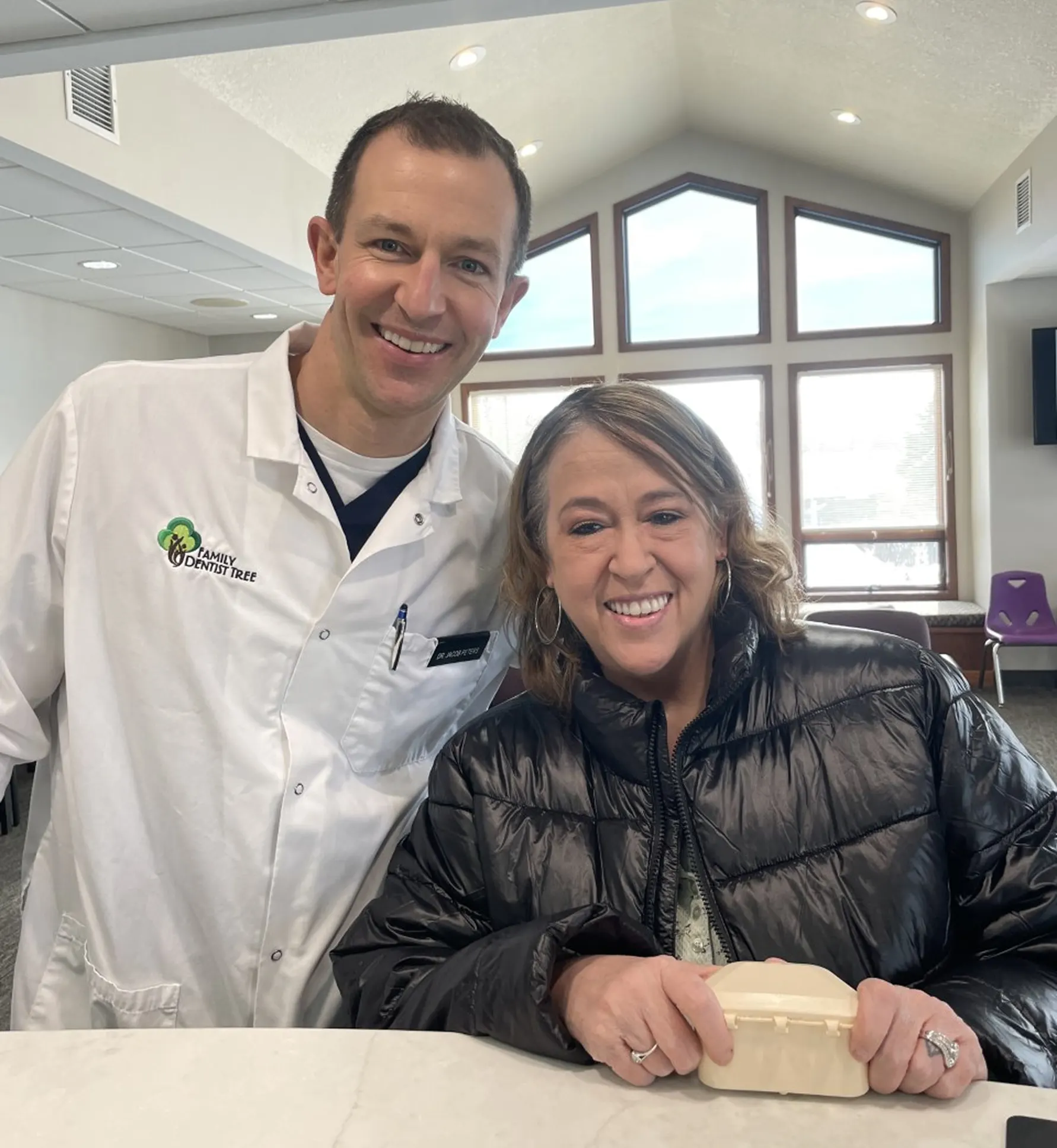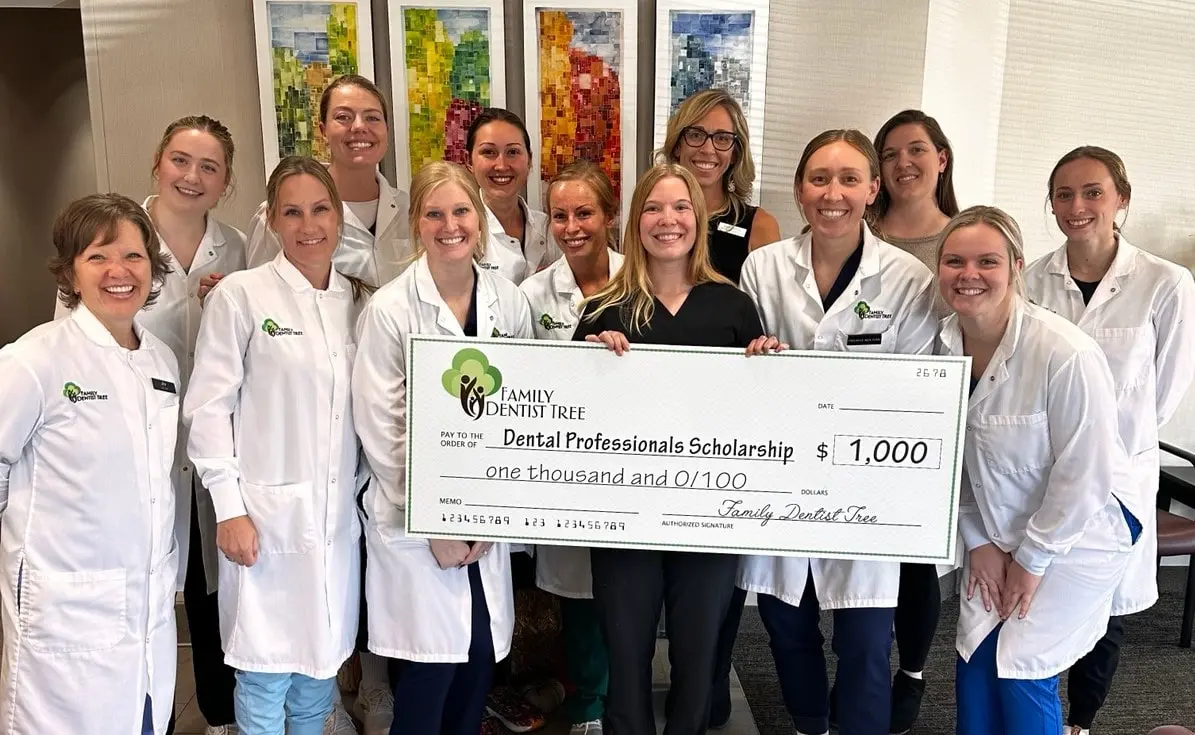
Family
Family
Dentist tree
Generations of Healthy Smiles
Trusted Dentist in Rochester, MN
At Family Dentist Tree, we treat every patient like family, delivering high-quality, compassionate care that’s rooted in trust. From preventive care to advanced cosmetic solutions, our team is dedicated to making your experience comfortable, convenient, and stress-free.
"I have been coming to Family Dentist Tree for several years now, and it's the best dental experience I've ever had."
Everything for Your Smile
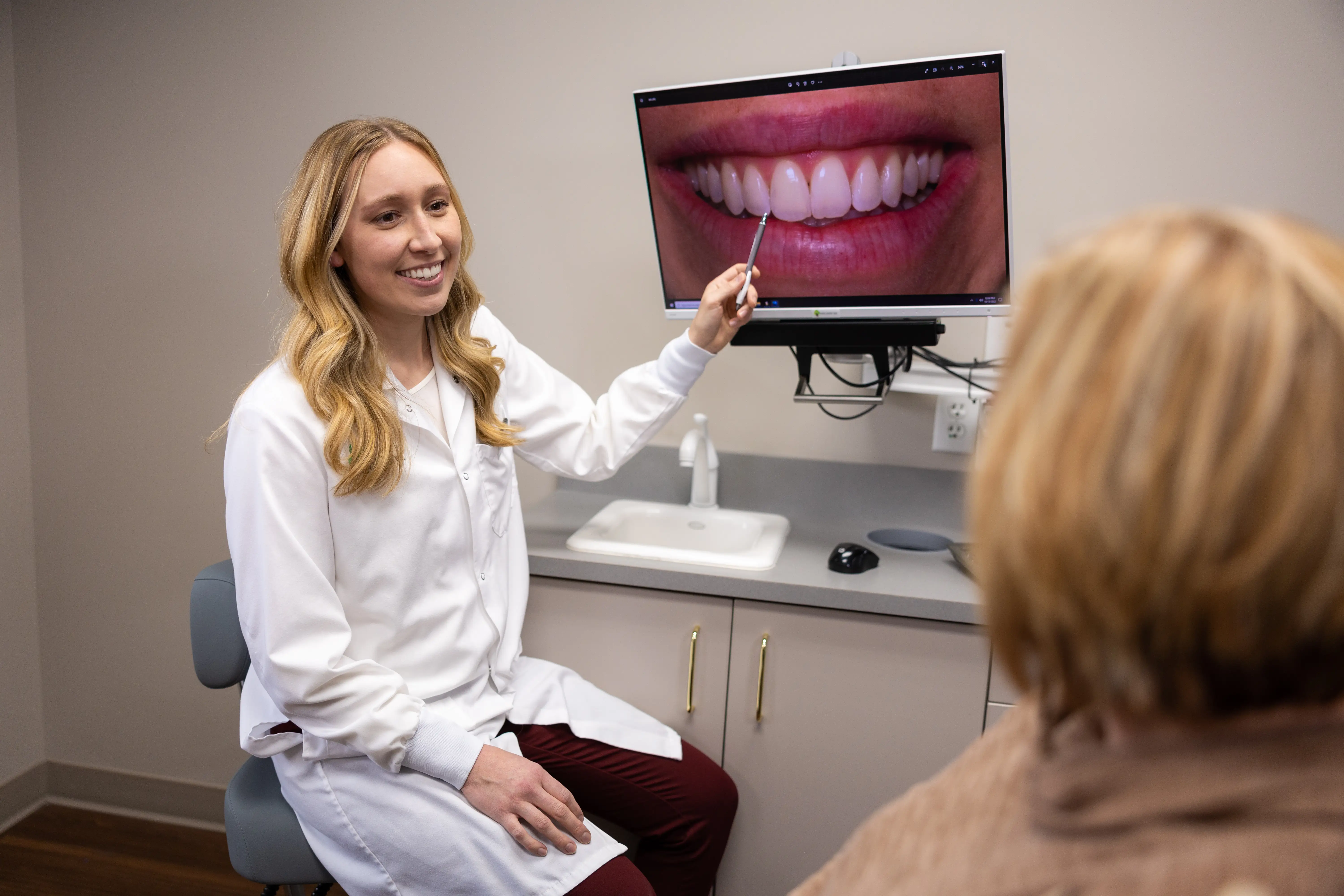
Cosmetic Dentistry
Rediscover your confidence with cosmetic treatments like veneers, bonding, and whitening. Whether it’s small improvements or a full smile makeover, we’re here to help you love your smile.

Invisalign
Straighten your teeth discreetly with Invisalign clear aligners. Comfortable, virtually invisible, and highly effective, Invisalign helps you achieve a beautiful smile without traditional braces.
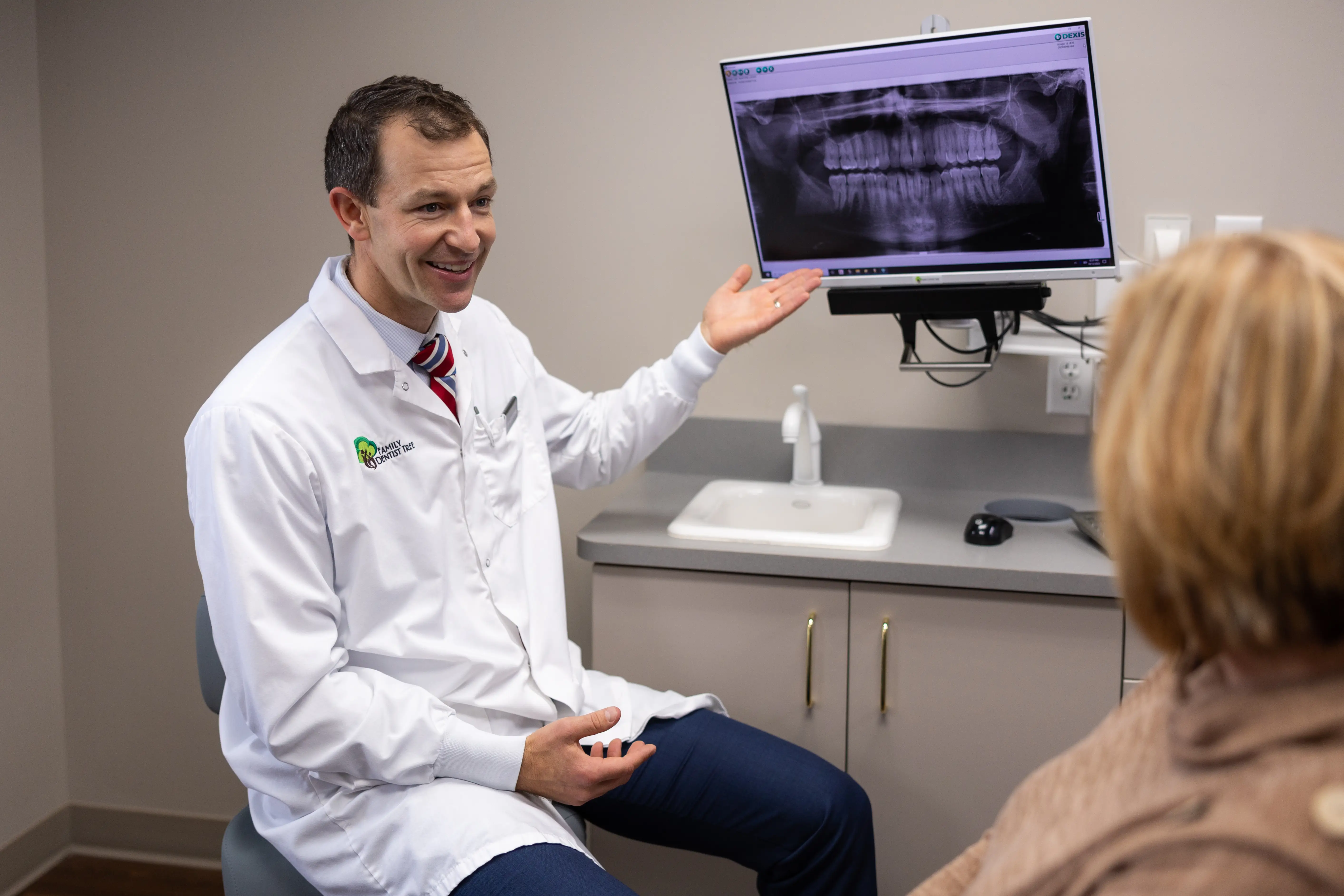
Dental Implants
Restore your smile and confidence with state-of-the-art dental implants. Whether it’s a single tooth or full-arch replacement, our implants are custom-designed for your smile.
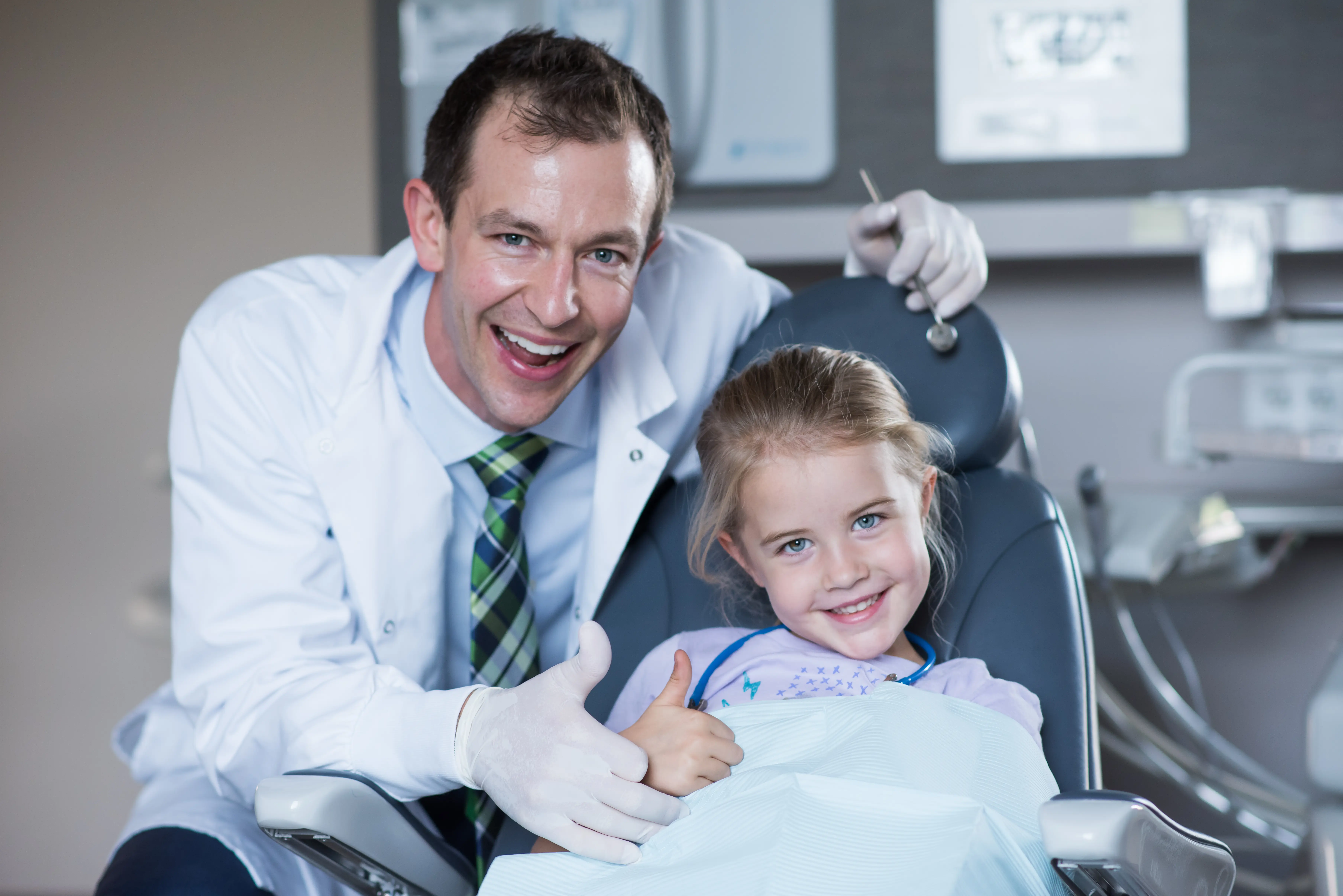
Children’s Dentistry
Our team loves working with kids, creating a fun and positive dental experience for your little ones. We’re here to make sure their smiles grow strong and healthy for years to come.
Transformations That Inspire
See how our personalized care has helped patients achieve healthier, more beautiful smiles.
Check out our before-and-after gallery to witness the difference.
Meet the Team
At Family Dentist Tree, our skilled and compassionate team is the heart of what we do. With decades of combined experience, our dentists bring a wealth of knowledge and dedication to every patient interaction. From our friendly front desk staff to our skilled hygienists and assistants, we’re all here to ensure you feel comfortable, valued, and cared for.

Complimentary Smile Consultations
Ready to discover your best smile?
Schedule your complimentary smile consultation today and let’s explore the possibilities together. From implants to Invisalign, we’ll guide you every step of the way.
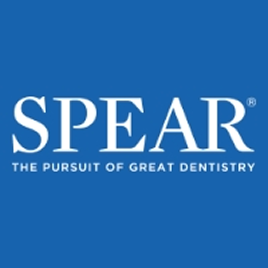
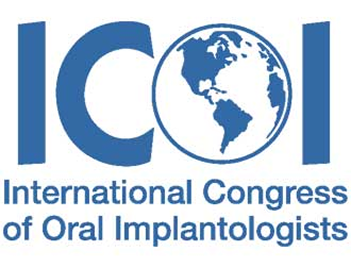
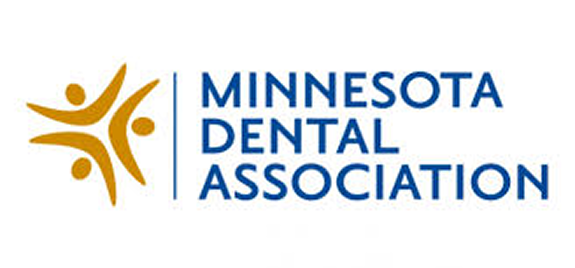

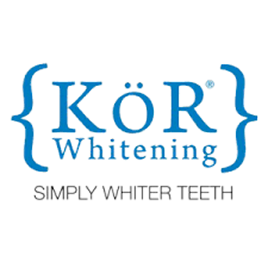
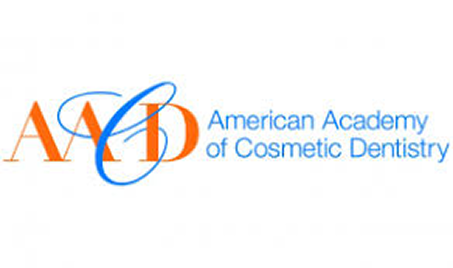
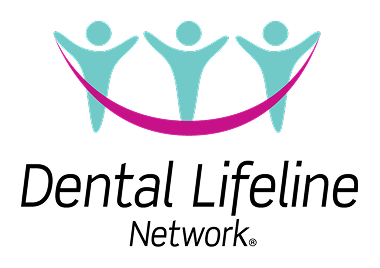







Trusted care, close to home.
What Makes Us Different
Choosing a dental practice is about more than just services—it’s about trust, convenience, and being genuinely cared for. That’s why we go above and beyond to offer a personalized, family-friendly approach while providing comprehensive, high-quality dental care under one roof.
Our team takes the time to get to know you, tailoring treatments to meet your unique needs and goals.
From preventive care to full-mouth reconstructions, we provide a full range of dental services under one roof.
We’re proud to care for entire families. Flexible scheduling means the whole family can be seen at once.
With a team dedicated to serving others, we go the extra mile to make you feel welcome.
%20(1).webp)

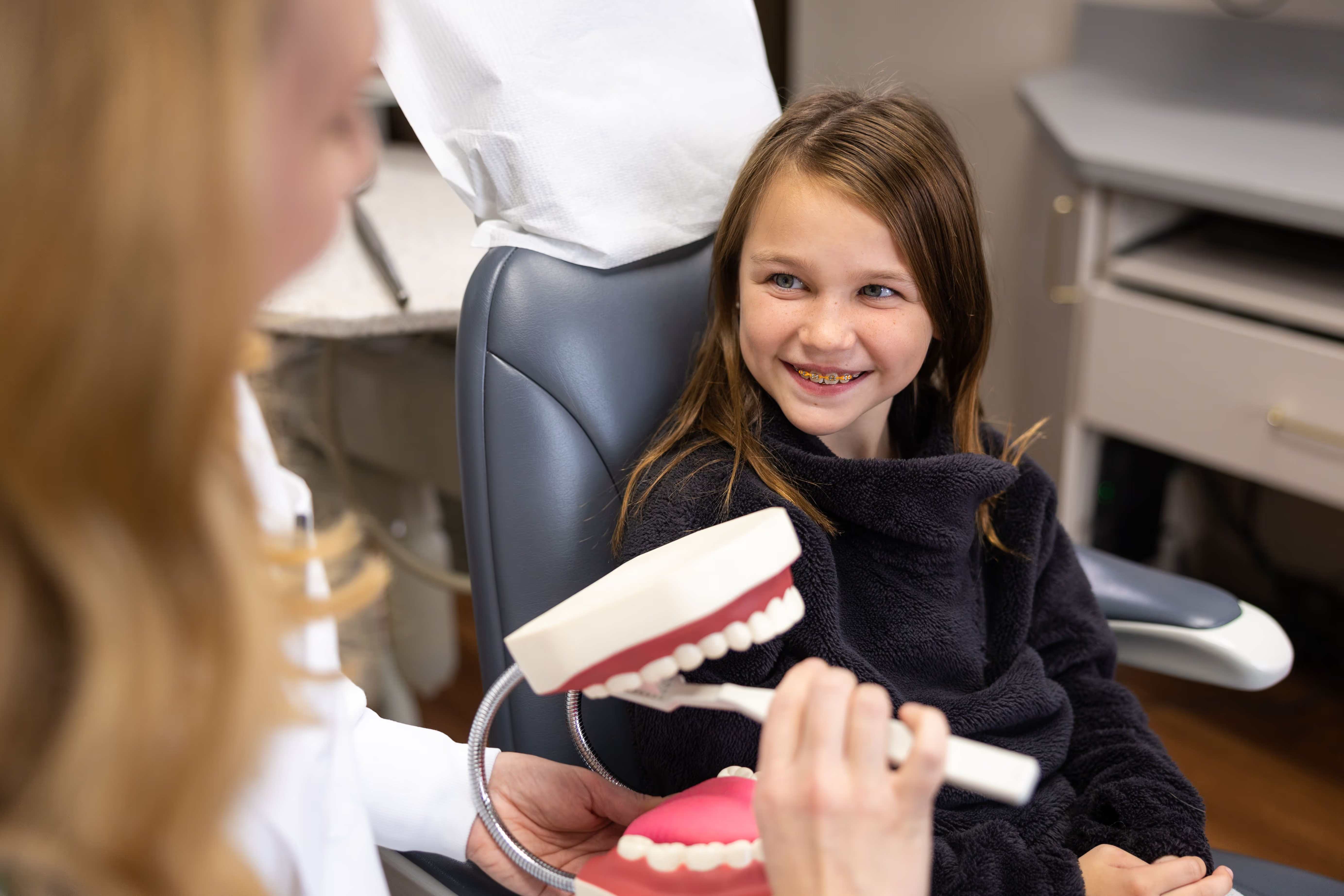
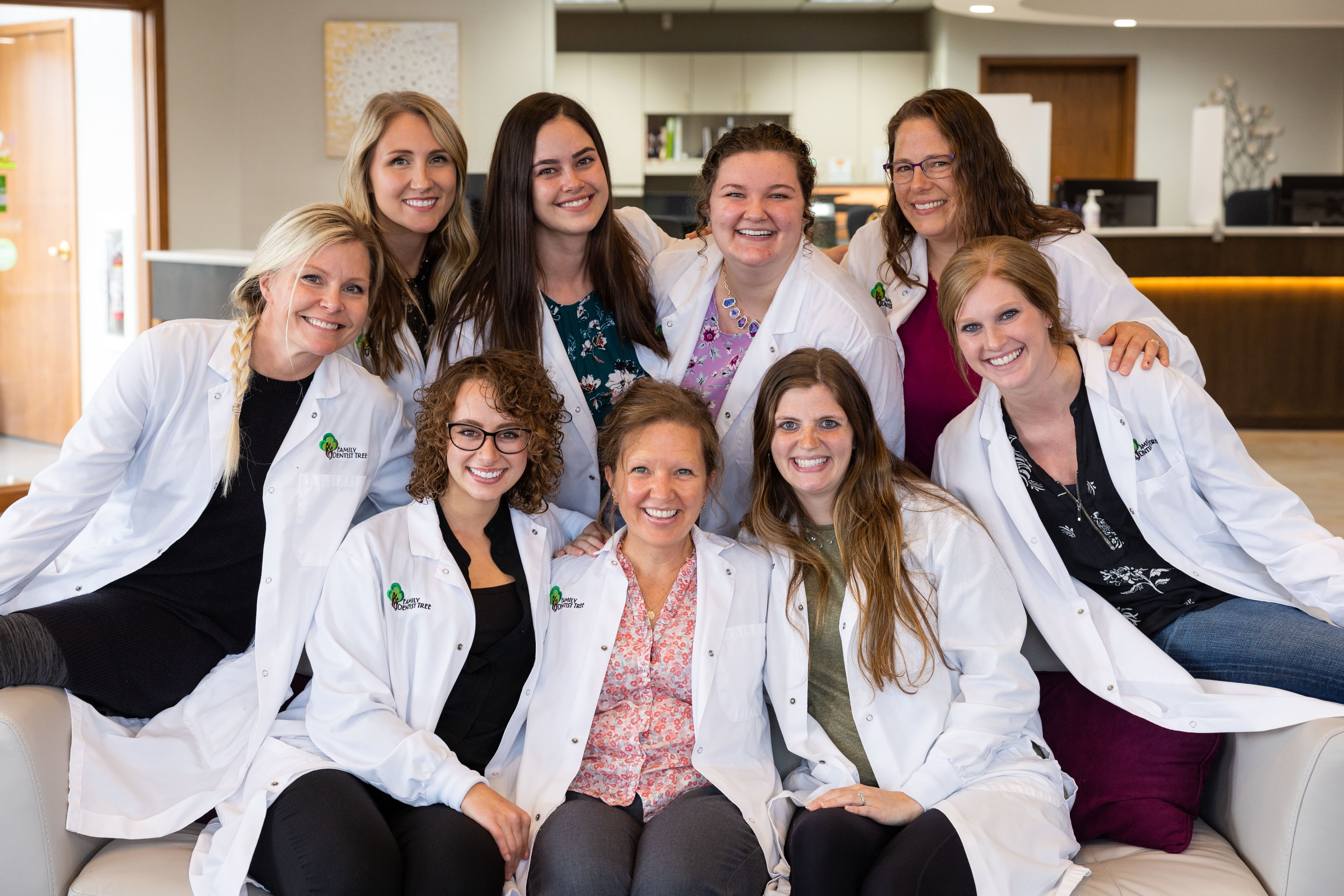
Giving Back to Our Community
At Family Dentist Tree, we believe in more than just healthy smiles —we believe in building a stronger, healthier community.
Our team is proud to support local initiatives that make a difference, from providing free dental care through Mission of Mercy and Dental Lifeline to fostering early childhood education with Early Learning programs. We also give back through dental scholarships, sports and club sponsorships, and hands-on volunteering at Good Samaritan. Whether we’re taking the Polar Plunge, hosting a Candy Buyback, or walking in the Paws and Claws Pet Walk, we love connecting with our neighbors and giving back in meaningful ways. Check out some of our favorite moments in the gallery below!
See What Patients Are Saying
Don't just take our word for it – hear from our patients!
"I have been coming here for the past 8 years and everyone is always professional and welcoming. I took my little guy who is 3 for the first time and they made his experience fun and exciting."
I have been going to Rochester Family Dental Tree for over 25 years. I have always been treated with respect and kindness. I have had the best care ever. I highly recommend them!
"They are the the most friendly professional staff I have dealt with. They explain everything and are concern that you are comfortable. I don't even have pain after my visit."
Every dental practice should model themselves based off Family Dentist Tree. Every staff member was efficient, kind, and knowledgeable.
"We’ve been going to Family Dentist Tree for 19 years and have had great experiences. I highly recommend them!"
I have been going to Family Dentist Tree for more than 20 years. I have seen 2 of my dentists retire and always replaced with great quality new ones. Great staff and hygienists. Plan to continue here even though now I drive across town to do so.


